On March 20, 1854, a significant chapter in American political history unfolded as the Republican Party emerged in Ripon, Wisconsin, amid growing opposition to the expansion of slavery into the Western territories. Stemming from discontent with the Kansas-Nebraska Act of 1854, which overturned the Missouri Compromise and opened the door to slavery in the West, a diverse coalition of anti-slavery advocates, including Whigs, Democrats, Free Soilers, reformers, and abolitionists, coalesced to form the new party.
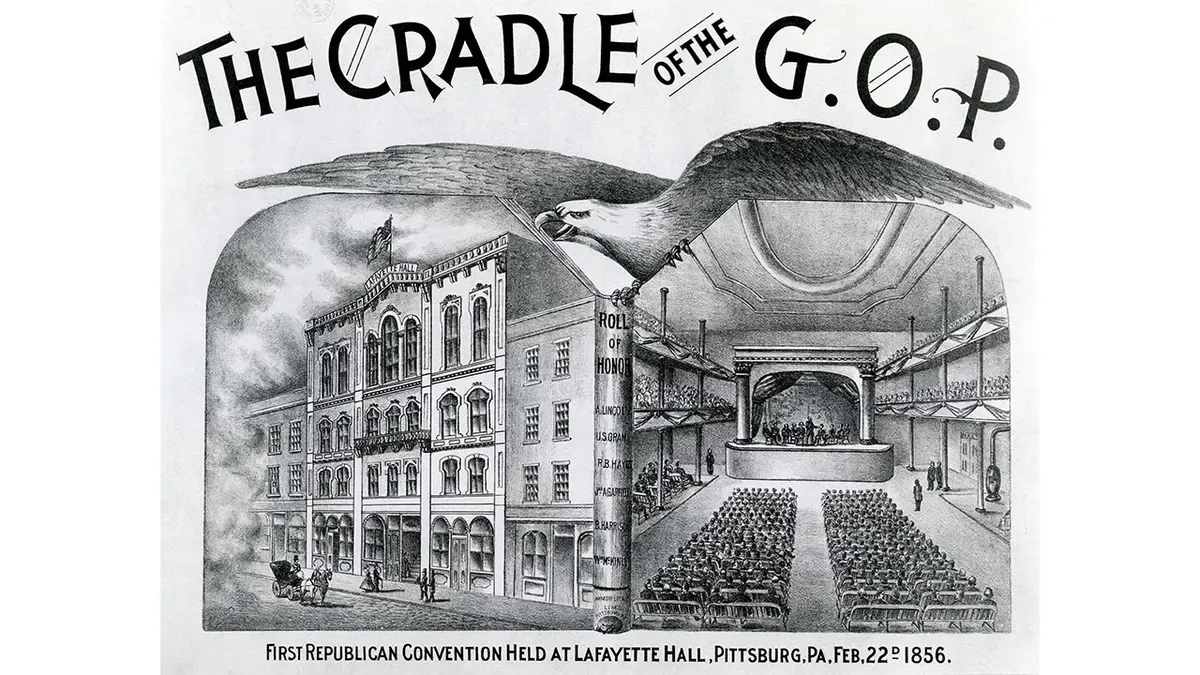
Alvin Earle Bovay, a prominent attorney and co-founder of Ripon College, spearheaded a meeting at the town's Congregational Church in response to the contentious legislation. This gathering marked the genesis of the Republican Party, with attendees resolved to unite against the expansion of slavery. The momentum from this meeting reverberated nationwide, igniting opposition to what was perceived as the "Kansas-Nebraska Swindle."
Horace Greeley, a prominent newspaper publisher, lent his support to the burgeoning party, advocating for a name that would reflect its commitment to liberty and opposition to slavery. Thus, the moniker "Republican" was embraced, symbolizing a united front against the spread of slavery and a return to the Union's founding principles.
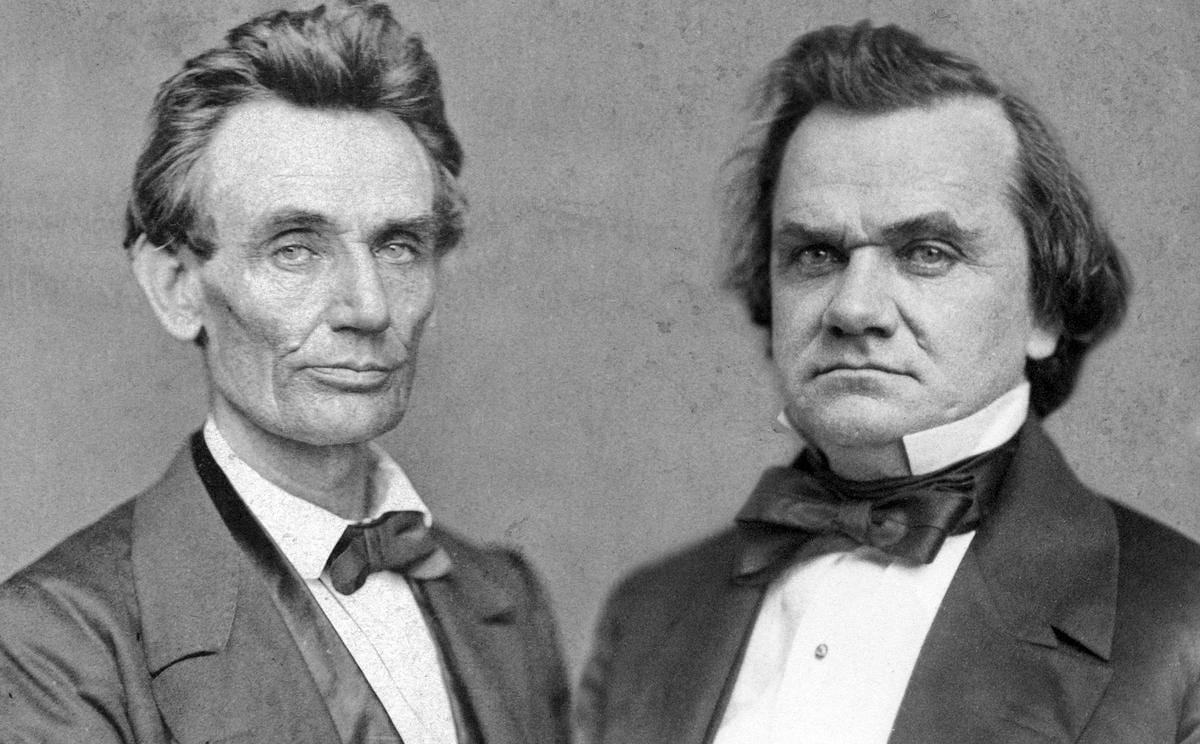
As opposition to the Kansas-Nebraska Act intensified, culminating in its passage by President Franklin Pierce, the nascent Republican Party gained traction. Local meetings proliferated across the North, culminating in the party's inaugural national convention in Pittsburgh in 1856. By July of the same year, the party held its first nominating convention in Philadelphia, selecting John C. Fremont as its presidential candidate.
Fremont's candidacy in the 1856 election showcased the burgeoning influence of the Republican Party, garnering significant support and laying the groundwork for future electoral success. However, it was Abraham Lincoln's historic victory in the presidential race of 1860 that solidified the Republican Party's ascent to prominence. Defeating his rivals in a fiercely contested election, Lincoln's presidency marked a pivotal moment in American history, signaling the Republican Party's emergence as a formidable political force dedicated to upholding liberty and opposing slavery.
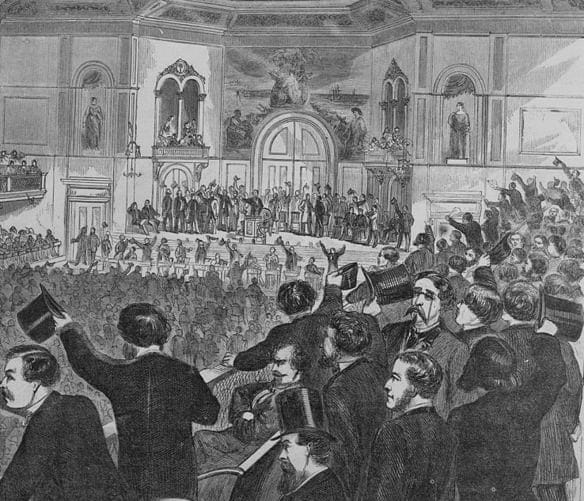
In the aftermath of the Republican victory, Democrat-led pro-slavery states swiftly seceded from the Union, precipitating the onset of the Civil War, a defining moment in American history that reshaped the nation's trajectory. Following the war, Republicans spearheaded a series of transformative legislative measures, including the 13th, 14th, and 15th Amendments to the U.S. Constitution, collectively known as the Reconstruction Amendments. These amendments abolished slavery, ensured equal protection under the law, and safeguarded voting rights, marking a pivotal step towards racial equality and civil rights.
However, the resurgence of Democratic power in the post-Civil War era ushered in a period of political realignment and contention. Despite this, Republicans continued to champion progressive causes, earning the moniker "Grand Old Party" (GOP) following their electoral triumph in 1888, reclaiming the White House from Democrat Grover Cleveland. This victory heralded a renewed commitment to advancing the nation's interests and values under Republican leadership.
The Republican Party's legacy of advocacy extended beyond the abolition of slavery, as evidenced by their pivotal role in the fight for women's suffrage. In 1869, Republicans championed women's suffrage in the Wyoming Territories, laying the groundwork for the eventual passage of the 19th Amendment to the U.S. Constitution. This landmark achievement, achieved after Republicans secured control of both houses of Congress in November 1918, underscored the party's unwavering dedication to expanding civil rights and democratic principles.
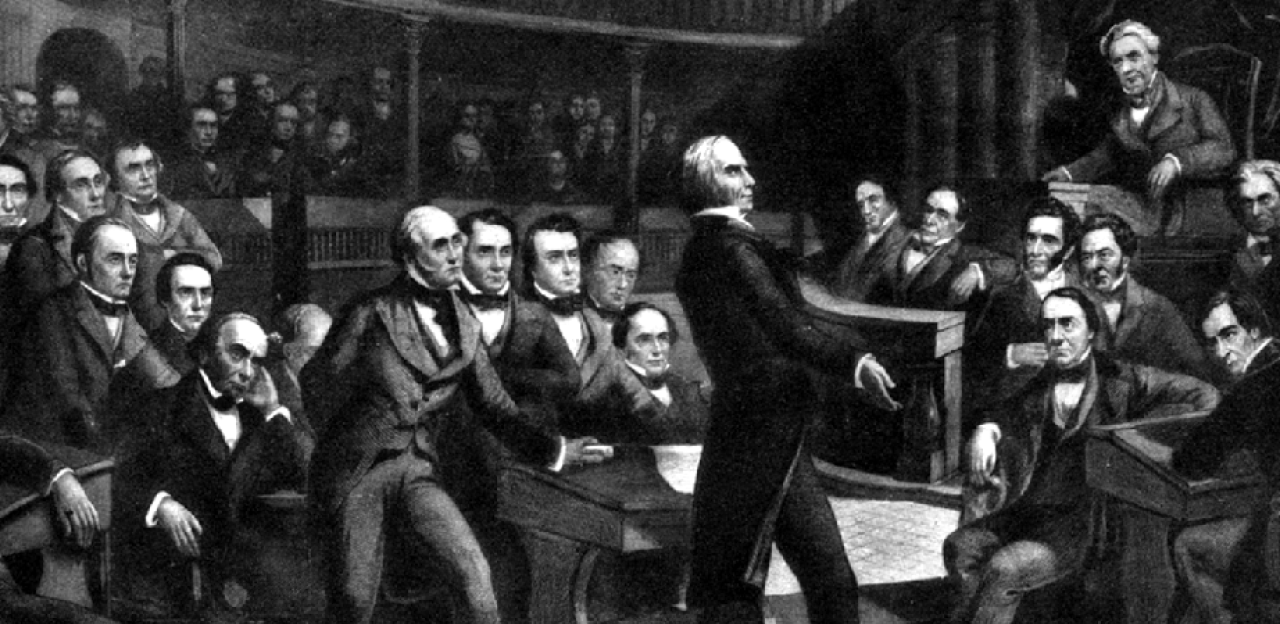
Moreover, the Republican Party's commitment to civil rights was exemplified by its collaboration with Democrat President Lyndon B. Johnson in advancing the Civil Rights Act of 1964. Despite facing staunch opposition from prominent Democrat figures, including Al Gore Sr., J. William Fulbright, Strom Thurmond, and Robert Byrd, the Civil Rights Act prevailed, marking a triumph over adversity and a testament to the enduring bipartisan effort to combat discrimination and promote equality.

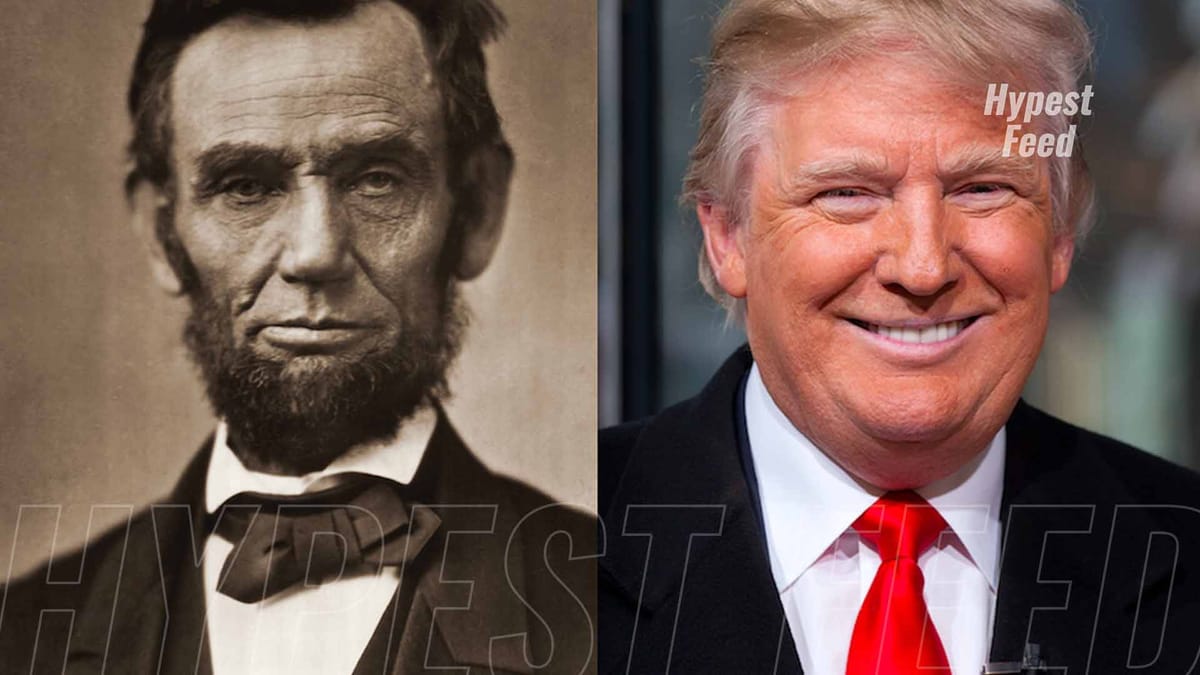

Member discussion: